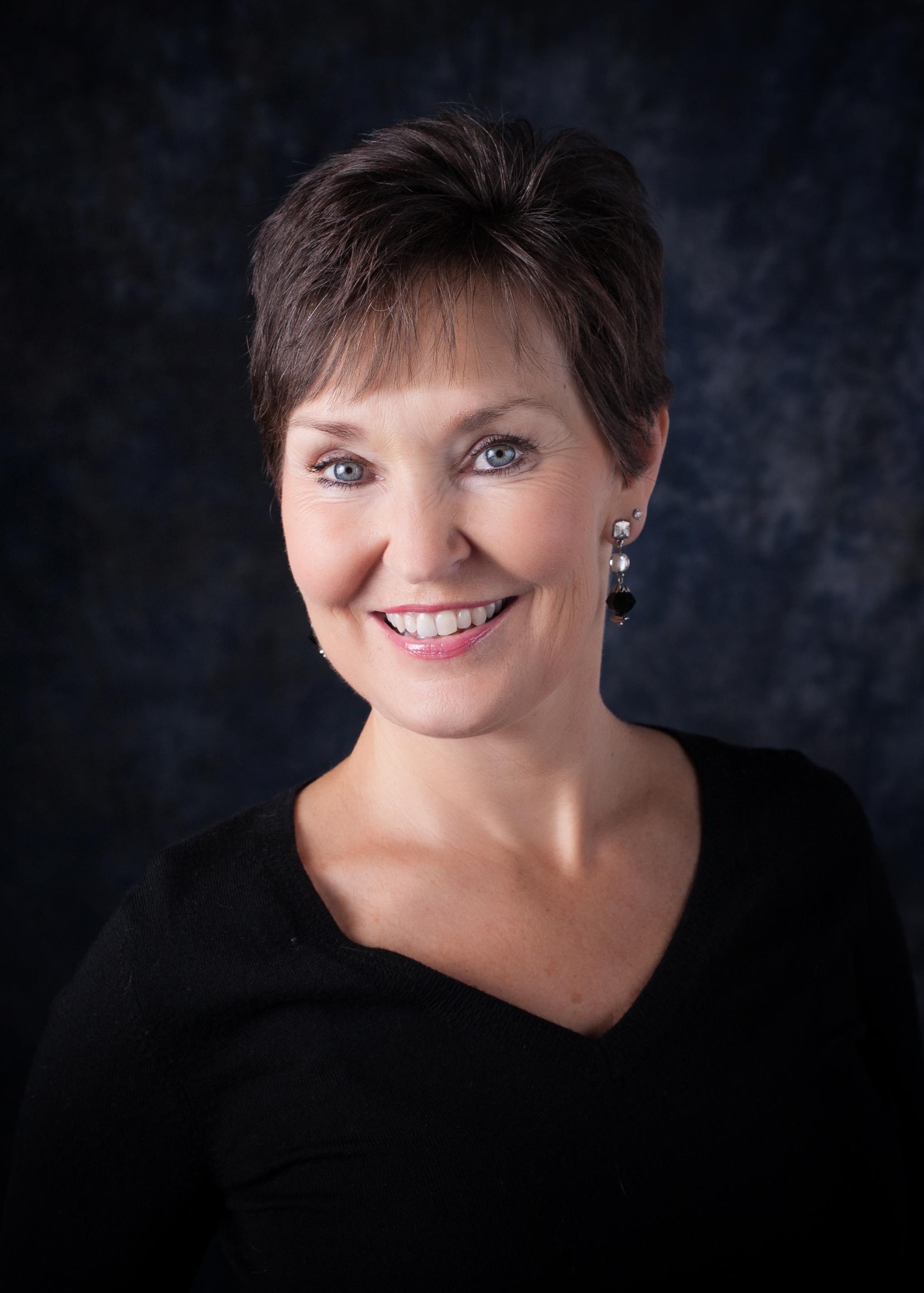Bariatric Realities

Bariatric Realities
I’m doing this series called “Bariatric Realities” as a result of many frustrations. In this case, the energy generated in my body and brain, as a result of these annoyances, is my motivation for developing this series. I need to “get it out,” put my thoughts and feelings on paper - and on video - and share them. I want to talk about what I see and hear, day in and day out, from the patients I work with. These vulnerable men and women tell me about the realities of dealing with weight issues, the struggles related to getting extra weight off and keeping it off, and the underlying emotional hurdles interfering with their progress.
I’m frustrated that patients, whether they are seeking medical weight loss assistance or opting for weight loss surgery, are given only part of the story and only part of the solution. The emphasis in all bariatric programs, obviously, is on meal planning and “behavior modification.” These are, of course, essential elements of weight loss and healthy weight management, but they are only part of the deal. The emotional components related to weight issues – shame, self-esteem, body image, family of origin issues, past trauma, relationship changes following weight loss – these and many other crucial, emotional/psychological issues are so often ignored.
Not to me, they aren’t. And these will be addressed in this series.
In addition, I want to inform other professionals in the medical, psychological and psychiatric fields about things patients (and, to be fair, some professionals) know, but the scholarly types won’t listen to, because what I have to say isn’t “evidence based.” Meaning there are no formal research studies or statistics to verify or validate what I, and so many others, know to be true. Oh, I am a believer in, and supporter of evidence based research – without a doubt! And yet, so many topics that need to be addressed in the area of weight loss have not been formally researched, nor do they always lend themselves to scientific investigation. (Not to mention, the evidence found in evidence-based research is very often conflicting and ever changing. That, however is another paper…)
I will address those very real problems related to weight loss and maintenance that are largely ignored due to a lack of research-based evidence. And yet, those topics are so very, very real.
Here’s a sneak peak at the types of things I’ll be addressing in the Bariatric Reality series.
Alcohol Use After WLS
This topic is widely debated by patients and professionals alike. It is, indeed, discussed at the professional meetings. In fact, just a few years ago, a big fuss was made at one of the largest bariatric surgery professional meetings about brand new research related to Alcohol Use Disorders following weight loss surgery. The actual researchers presented findings of their newly published data recently released in The Journal of The American Medical Association (JAMA): Prevalence of Alcohol Use Disorders Before and After Bariatric Surgery. The authors reported a 2% increase in Alcohol Use Disorders at the 2-year post-surgical assessment.
Is this information helpful? Of course it is! Does it tell much of a story, really? If you ask those of us who work day in and day out in surgical weight loss programs, I’d venture to say that the majority would report that this 2% statistic at two years post-op doesn’t even begin to tell the reality of the problems we see with “Alcohol Use Disorders” following weight loss surgery… some a year after, some two years after, some five years after. And it’s not just alcohol. It’s also abuse of pain medications, spending, promiscuous sexual behavior and eating disorders.
And tell me… how many WLS patients who have “Alcohol Use Disorders” haven’t returned to their bariatric centers for follow up to be included in the research results? How many haven’t mentioned anything about “Alcohol Use Disorders” to the multidisciplinary team? A lot.
Yet we can’t present the very real information from patients who tell us about their friends who won’t come see the doctor after their surgery … the ones they are worried about because the person of concern isn’t eating but is consuming the majority of their calories from alcohol. We can’t count, or report on, the patients whose won’t come in for a follow-up and who drink so much they are falling down and hurting themselves. There is no “data” to indicate the number of patients calling and insisting they need more or higher doses of pain medication and become hostile or abusive to the staff when told the doctor won’t prescribe any more. We don’t have “numbers” for the patients who sit in my office and cry because they are sleeping with anyone who shows any interest in them. We have no data on the number of patients who tell me and other providers around the country that they meet strangers at motels for sex, something they never did before. How do we help educate other professionals about very real, very dangerous “anecdotal” reports of problems, when, alas, we have no DATA?
No, this type of information is not discussed at the “professional” meetings because we don’t have scientific evidence. But these things are happening. They are real. And they need to be talked about. So I’ll talk about them and hope someone listens. A lot of someones – so that people won’t be afraid to ask for help for these issues, knowing they’re not alone. And so that professionals may – just may – stop pretending these things aren’t happening because there are no “numbers” to support the reality.
Food Addiction
Last year, I spoke at a national weight loss conference for overweight and obese patients. The moderator of the panel of which I was a part, felt strongly that food/eating is not an addiction. He therefore posed this question to the audience of approximately 200 people: “How many of you consider yourself to be a food addict?” Nearly every hand in the audience shot up immediately. I explained to him, and to the audience, that the hallmark of addiction is knowing something is a problem and has caused problems (think of all the health-related problems associated with obesity), wanting to stop (wanting to lose weight) having made many attempts to stop (consider all of the prior dieting), but not being able to stop (most people regain any lost weight from dieting and feel hopeless about being able to make permanent changes to their eating and exercise behavior). These people who consider themselves food addicts are addicted to food/eating, physically and/or emotionally. They know their weight is causing serious problems in their lives, they want to stop, but they cannot. That’s addiction.
“Where’s the evidence, Connie?” Well, I don’t have it. And I can’t find that many others do, either. I did find a “scholarly article” from 2013 of a study of 652 adults from the general population in Newfoundland, in which the prevalence of “food addiction” was 5.4%. The majority of other “scholarly articles” that even discuss food addition focus primarily on Binge Eating Disorder or the “neurobiology” of food addiction. Often the conclusions are similar: professionals differ on their beliefs about the idea of whether or not “food addiction” is real.
Ask your patients. They believe food addiction is real.
So if, at the professional meetings, we can only discuss food addiction based on the “research,” it seems we are limited to debating the existence of food addiction, or to sharing the percentage of “food addicts” in Newfoundland. How, then, are we supposed to talk to professionals about the myriad of non-scientifically-researched REAL issues that patients experience in their REAL lives?
I’m frustrated.
Bariatric Realities is my new outlet. I will talk in REAL language about the REAL issues experienced by the REAL patients I work with all day long. I hope it will get others talking! Share your REAL thoughts, feelings and observations with me and other readers! THANKS!
The NEXT TOPIC for Bariatric Realities: Genetics and Sources of Weight Problems – What ARE You Accountable for?
Connie Stapleton, PhD
Facebook: Connie Stapleton
Twitter: @cstapletonphd
LinkedIn: Connie Stapleton, PhD
Interesting insights. Looking forward to your next article regarding genetics.
Great article.
I do agree that we still have a lot to learn about obesity, food addiction, etc.
I do disagree that we can't learn more without quantitative evidence based studies. There should be lots of studies that can be done qualitatively using social science methodologies.
Think of the research that Brene Brown has done around shame. These aren't "medical studies" but do seek to answer questions nonetheless.
I look forward to reading more.
I am very aware of these types of difficulties. I personally know of a woman (work colleague ) who went off the rails post bypass weight loss. She died in her sleep of organ failure in her early 40s. I was scared I would die too so I inquiries further to find she was type 1 diabetic and had become not a problem drinker but an alcoholic....a lethal combination. I almost didn't go ahead with WLS because of this. I am glad I didn't imagine this needed to be everyone's fate.
I have a friend going g through separation and divorce. She got even skinnier, smoked way more and started drinking booze instead of eating. It happens to non WLS patients too. She is back on track now.
Big life stressor can cause outrageous behavior - but it is the minority and help can be found. I just hope people don't avoid life saving surgery on the chance they might be the one that suffers an addiction transference.
Sent from my SAMSUNG-SGH-I337 using the BariatricPal App
Connie, thanks for this upcoming series. These are some serious issues you are planning to address! You are so right that even though these concerns may not adequately be addressed by surgeons, or proven by the scientific research, they are still real. I can’t wait to see the rest of your thoughts on these issues!
When I read pieces like this, I can't help but wonder: "What's the likelihood that someone who provides counseling services to bariatric patients who struggle in various ways is sought out by bariatric patients who struggle in various ways?"
The reason that quantitative studies are useful is that they avoid the "I have a brother-in-law who ...." problem of extrapolating anecdotes into "everybody knows ...." truthiness.
If quantitative studies' results don't mirror the real situation, that's because the studies aren't well designed or because they suffer from severe non-respondent bias -- not because they're quantitative studies or because they're conducted by "professionals."
I have no doubt that transfer addictions of all kinds plague some patients or that most of us don't have challenging issues of the kinds OP has listed. For instance, who among us doesn't have "family of origin" issues? But in my long life (70 years), I don't believe that the WLS patients I have known struggle with these issues any more than people who never had WLS. Again, that's an anecdotal report -- not based on a well-designed, well executed quantitative study. ![]()
That having been said, I still look forward to the rest of the OP's series. But I do hope that it's not just a series of "The Story of Pitiful Person X" followed by "The Story of Pitiful Person Y." I hope that the series explores meaningfully the significant and permanent improvements in self-care that WLS patients must deliver to themselves to be successful for longer than the weight loss phases.
This last bit is much more in line with the OP's post: This surgery is a really big damn deal. I fluctuate between thinking that (1) WLS patients have great courage and optimism compared to their peers who don't choose WLS, since WLS is a potentially life-changing operation that comes with no guarantees vs. (2) too many WLS patients have nowhere near the support or the internal resources they will need to adapt to such a potentially life-changing operation and its aftermath. Actually, I believe both of these takes are true.
Thank you for caring enough to write about the issues without the trademarked evidenced based studies which are as your said hard to conduct when it comes to emotionally based issues. Any of us who are obese have those issues just by the nature of being obese and how the world views us. Cant "weight" for the next article!








Valentina 2,642
Posted
Wonderful! I've reread it several times and it becomes more relevant each time.
Share this comment
Link to comment
Share on other sites